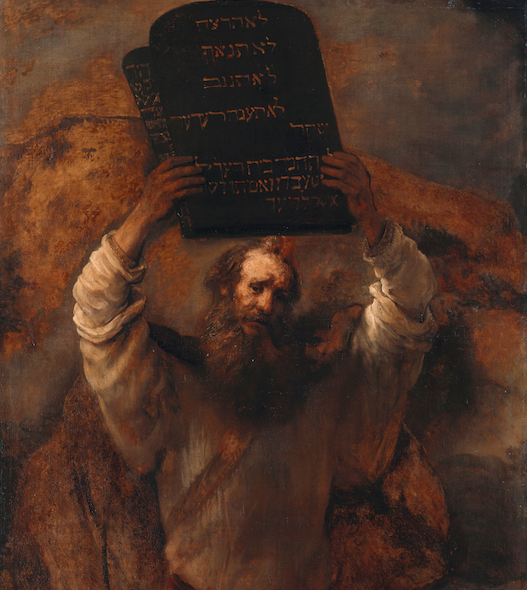Written by Rabbi Aryeh Kaplan, Jewish Learning Initiative on Campus.
Heralded as a leader and revered in history as a paradigmatic hero, it’s hard to imagine that there was a time in Moses’ life marked with desperation. In this week’s parashah, Moses, a newly appointed ambassador, returns to G-d defeated. His initial fears were realized as the Jews, overwhelmed with work and unable to listen, deflected him on his very first mission, leaving him insecure and resistant to then continue as a leader and approach Pharaoh. G-d encourages him to, nonetheless, pursue his mission and “gave him a charge regarding the Jews and regarding Pharaoh” (Exodus 7:13).
What was the “charge” that Moses was given as guidance? Rashi (ad loc) elaborates that G-d encouraged Moses to speak gently to the Jews and to be patient with them. He also guided Moses to regard Pharaoh respectfully and communicate respect through his words.
It is striking that a leader, a politician, pressured from within and stressed from external forces, was encouraged to exercise gentleness. In such a situation one might expect shrewd manipulative tactics or a dramatic display of force to exert control over an enslaved people or a doomed king. Yet, the leader of the Jews was guided to a path of gentleness, patience and respect as the ideal way to ultimately influence others.
As we reflect each Shabbat upon returning the Torah to the Ark, “Its [the Torah’s] ways are ways of pleasantness and all of its paths are peace.” The signature of true Torah observance and authentic leadership is one that is appealing and promotes respect, collaboration and peace.
________________
This article is part of Ha’Am’s Friday Taste of Torah column. Each week, a different UCLA community member will contribute some words of Jewish wisdom in preparation for Shabbat.

